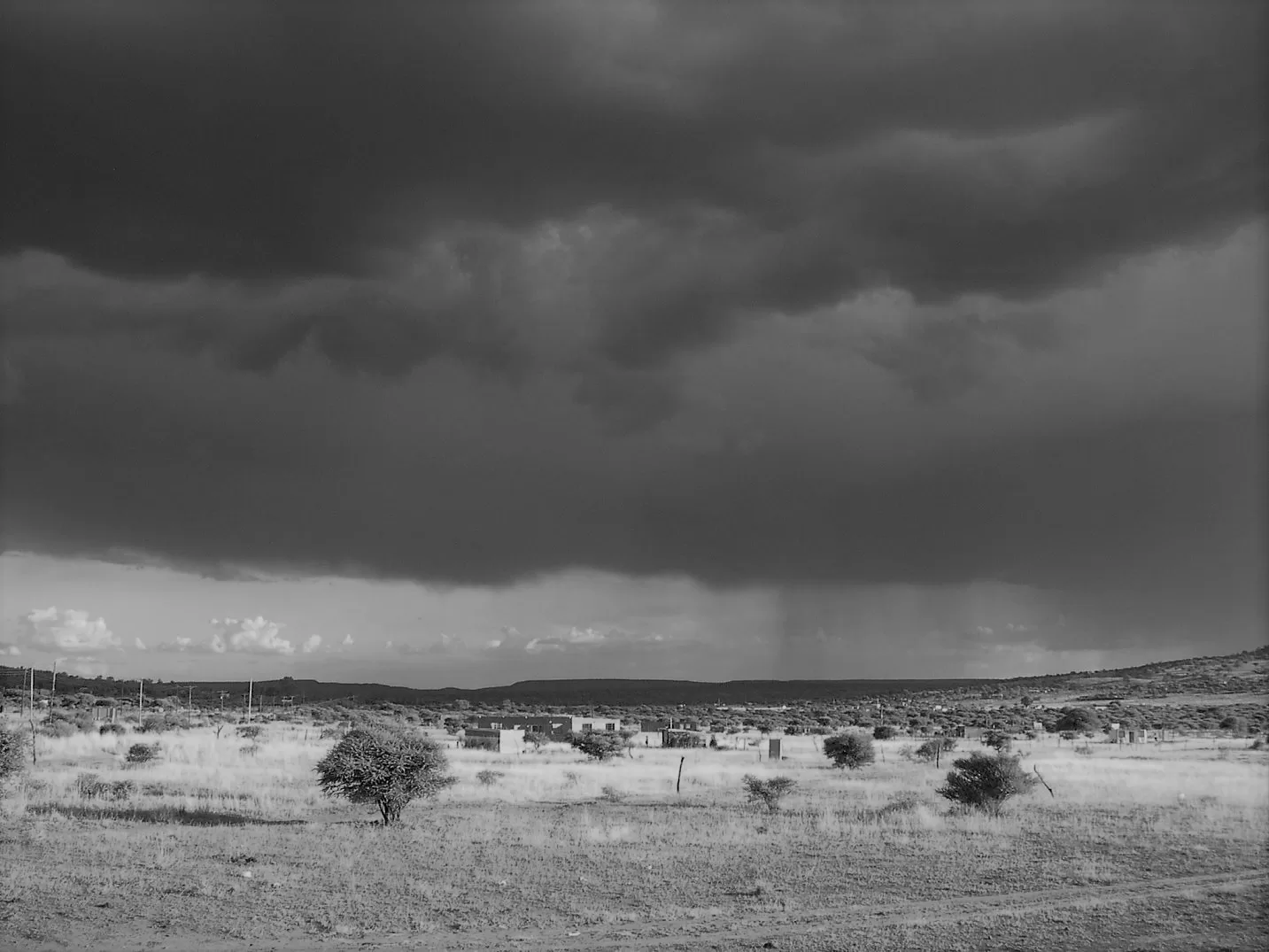Not a speck of cloud. No sign of rain. Second year in a row. Kishan looked up at the blazing sky in despair. It appeared to be a perfect canvas of blue. Yet the farmer was in no mood to appreciate the beauty of nature. Not when it was the monsoon season, and the rains were playing hooky. Another year of drought, no crops, and the burden of one lakh and seventy thousand rupees as a loan. Taken from the...

